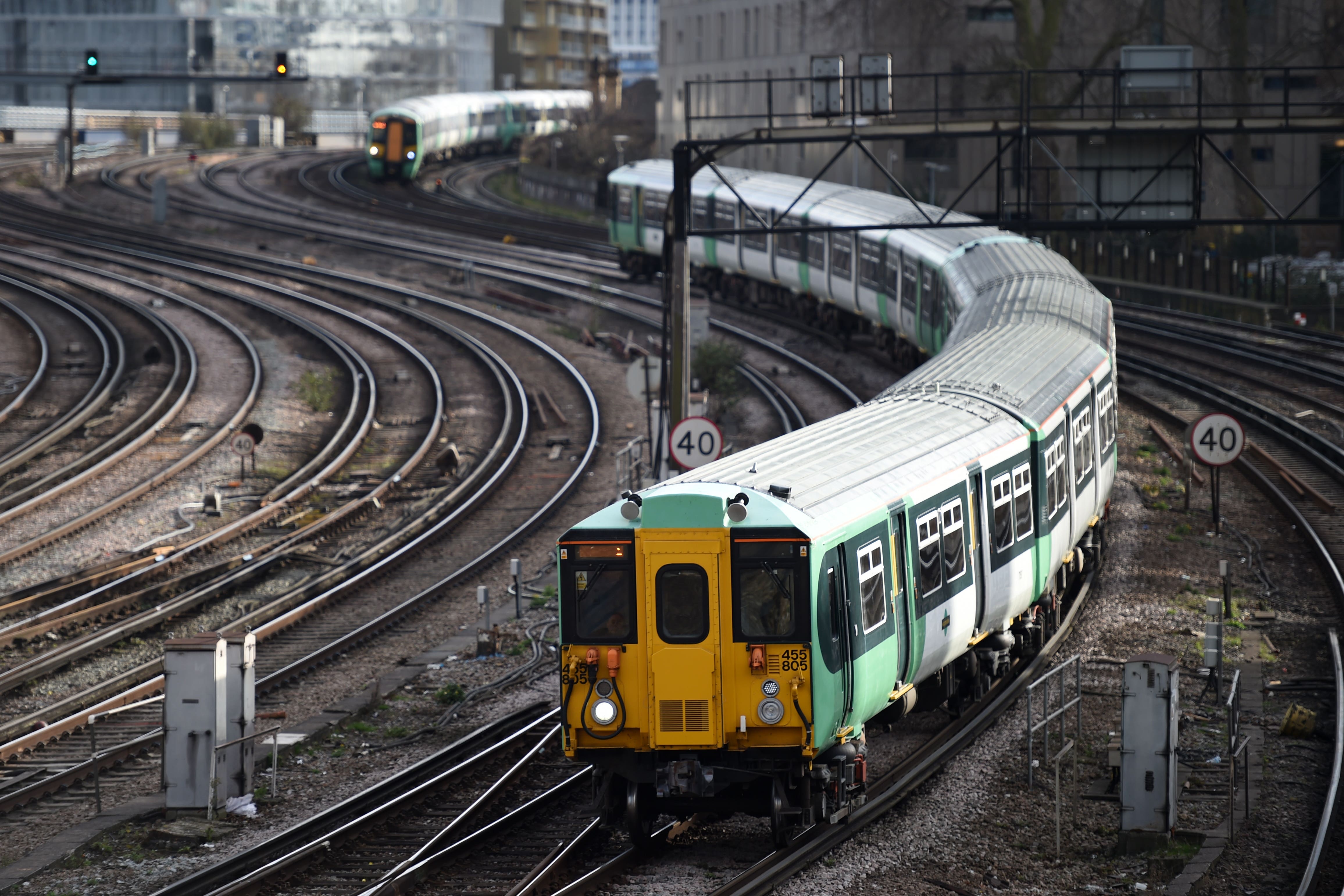What impact will Labour’s election victory have on transport?
The PA news agency analyses the potential consequences in five different areas.

Labour’s General Election victory could have a major impact on transport.
As the new Transport Secretary, Louise Haigh will have multiple manifesto promises to see through.
Here the PA news agency analyses the potential consequences in five areas.
– Trains
Labour has pledged to bring all train services in England into public ownership.
The party has said it will do this as contracts expire – which is believed to require new legislation – or by ending agreements early in cases of poor performance.
During the election campaign, then-shadow transport secretary Ms Haigh said a Labour government would urgently consider stripping Avanti West Coast of its contract due to its “woeful service” on the West Coast Main Line.
The party has also said it would go ahead with the creation of Great British Railways, a new public sector body to oversee the network – first proposed by the Conservative government in May 2021.
On HS2, Prime Minister Sir Keir Starmer has previously ruled out reversing the decision of his predecessor in October last year to scrap plans to extend the high-speed rail line north of Birmingham.
– Cars
Labour has pledged to reinstate the 2030 ban on new petrol and diesel cars and vans.
The party included the commitment in its manifesto, claiming this would provide “certainty to manufacturers”.
Rishi Sunak delayed the ban from 2030 to 2035 in September last year as part of a wider reversal of net-zero policies.
Labour has committed to fund the fixing of an additional one million potholes across England each year.
It said this would be funded by deferring the A27 Arundel bypass in West Sussex, which it described as “poor value for money”.
RAC head of policy Simon Williams said drivers are being “ripped off at the pumps” as he urged Labour to introduce the recently legislated Pumpwatch fuel price monitoring scheme.
– Buses
Labour has pledged to give local authorities in England more power to franchise local bus services, by removing barriers that mean only metro mayors can currently do this.
This will ensure better value for taxpayers, boost services and give councils “a choice over the bus system that works best for them”, according to the party.
The plan could “create and save up to 1,300 vital bus routes” and lead to “250 million more passenger journeys per year”, Labour previously said.
Labour will need to decide whether to continue the £2 cap on single bus fares in England, which is only guaranteed up to the end of the year.
Industry body the Confederation of Passenger Transport warned that a “cliff-edge return to fully commercial fares” would “harm passengers and services”.
– Aviation
Labour’s manifesto featured little detail on aviation.
It did include a pledge to “secure the UK aviation industry’s long-term future, including through promoting sustainable aviation fuels (Saf), and encouraging airspace modernisation”.
Saf is made from sustainable sources such as agricultural waste and used cooking oil, meaning its production involves using about 70% less carbon.
Under the Conservative government, the Department for Transport introduced a requirement for at least 10% of fuel used by airlines in the UK to be made from sustainable feedstocks by 2030.
The UK also has a target of having at least five commercial Saf plants in construction by 2025.
Labour’s manifesto did not mention Heathrow Airport’s plan to build a third runway, or airport expansion elsewhere.
The party will be forced to weigh up environmental concerns with supporting the industry’s growth.
– Ports
Some £1.8 billion will be invested in Britain’s ports and their supply chains, Labour announced in April.
The party described this as “the most significant upgrade of Britain’s ports in a generation”.
It said this would be done through a new National Wealth Fund, paid for by a “proper windfall tax on the oil and gas giants making record profits”.
Representative body Maritime UK made a series of recommendations for the new Government during the election campaign.
These include increasing funding for green fuels and enabling more coastal areas to “seize the benefits of freeports”, which aim to create economic activity by exempting imported goods from tariffs.
Bookmark popover
Removed from bookmarks